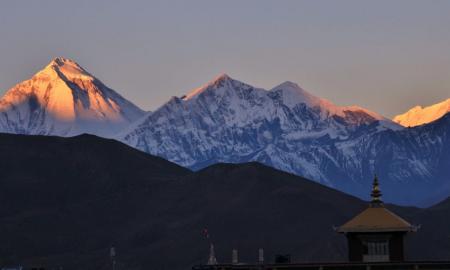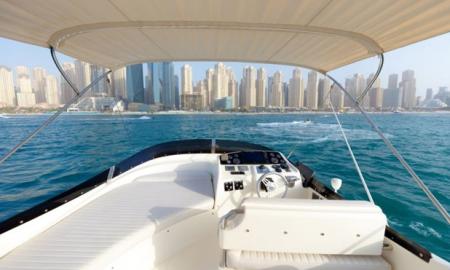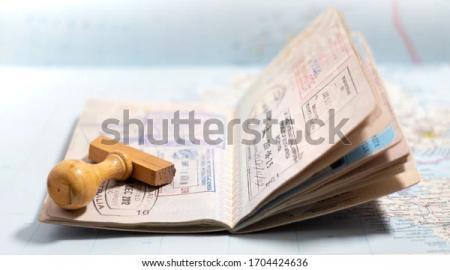©Pixabay
Australia is a hugely appealing travel destination. With cosmopolitan cities like Sydney, Brisbane, Melbourne, as well as beautiful beaches, deserts, parks and ‘the outback’, Australia’s attractions are many and versatile.
Although it’s one of the most urbanised countries in the world, Australia is full of surprises for first-time visitors. Besides being gigantic in size (it’s the sixth largest country in the world), Australia is also quite expensive, and there are some traditions (like leaving tips) that are not so normal.
Here are 10 tips you will find useful for your first visit to Australia…
Don’t Leave Your Sunscreen and Hat Behind
Australia has one of the most severe climates in the world. Notably, the sun is particularly harsh in this part of the world. With a very thin ozone layer, the atmosphere heats up quickly, which can be damaging to the skin. Staying in the sun for more than 30 minutes without sunscreen can lead to unpleasant burns. South Eastern Queensland also has the highest skin cancer rate in the world.
So, do not forget your sunscreen. Hats and sunshades will come in very handy too. Stay hydrated to avoid heat stroke and cover up adequately when you need to. It’s arguably best to visit during the winter months in order to avoid the sun. However, there are some places with less harmful sunshine. For instance, the northern part of Australia is fairly warm all year round without being scorching, while in some other places, temperatures can be as low as -5 °C at times.
Bring a Travel Guide
Australia is so big, it can be considered a continent. There are many places to visit, and travelling without a guide is not just expensive, but also time-consuming. Road trips can take a lot of time; for instance, it will take you nine hours to get to Melbourne from Sydney. Therefore, flying is often a more practical option.
Regular visitors to Australia might advise that you make a ‘to do’ list of what you want to experience - especially if you’re not staying long. Otherwise, you could run the risk of spending most of your limited time in transit, whilst trying to take in too many things simultaneously. So, get a travel guide to help prioritise your interests and plan a viable itinerary. If you’re moving to Australia to live, hiring a specialist mover is certainly in your best interests.
Have More Than Enough Money
Australia is fairly expensive. With rent on accommodation typically paid weekly, you could feasibly spend nearly all your money on accommodation and road trips if you have a tight budget. In fact, your daily expenditure could fall between $100 and $200.
It’s therefore prudent to plan your visit properly. So, pad out your budget for extra insurance; fly between destinations if it’s more cost-effective for you than road trips; cook your own food and take advantage of Australia many free public BBQs and awesome local ingredients. If you’re travelling in a group, consider small, family run Bed and Breakfast accommodations.
Familiarise yourself with the Local Dialect
Australians are known for their use of slang, which can sometimes be puzzling and have contrasting meanings to similar English terms. Some common slang terms include ‘Arvo’ (meaning afternoon), ‘Bickies’ (meaning biscuits or cookies) and ‘Barbie’ (meaning barbecue). ‘Thongs’ in Australia refer to flip-flops, while ‘bushwalking’ usually means hiking or trekking, and ‘trunk’ means boot.
Australians also use the word ‘mate’ a lot - especially when addressing people informally. So, familiarise yourself with the local dialect as much as you can in order to avoid embarrassment.
Learn to Stay Offline
If you can’t do without internet coverage or intend to stream most of your experiences live from Australia, you could be disappointed. Although towns and cities generally have very good Wi-Fi coverage, some of the more remote places (and there are many) have little to no service.
Therefore, prepare to be offline some of the time om your travels. If you can unlock your phone, pick up a Tesla SIM Card, as this service provider boasts the best coverage in the country. You can also try Wi-Fi Hotspot devices, although these will cost you more each month.
Look Out for Flags
Australia is known for its amazing array of wildlife. Notably, the sea that surrounds Australia is home to a wide range of sharks. So much so, most beaches have white flags to mark what is considered to be dangerous territory. To remain safe, stick to swimming in between these flags as a rule.
If you’re visiting between November and May, look out for jellyfish in the water. ‘Box’ jellyfish in particular are deadly and are mostly found in waters in the north. However, some beaches have stinger nets, making these areas safe for swimming.
Smoking isn’t Cool
Australia has one of the world’s toughest anti-smoking laws. Smoking has been banned in clubs and indoor pubs in some states. It is also very expensive, with a pack typically costing $40 due to tax regulations set by the government. If you’re a heavy smoker, you might want to cut down your intake to a minimum.
AFL, Rugby and Cricket presides over Soccer
The world might be crazy about football (or soccer), but AFL, Rugby and Cricket are the preferred sports in Australia.
Australians have an unrivalled passion for their favourite sports. From having the largest cricket stadium in the world to starting the Formula 1 race season and hosting the year’s first Tennis Grand Slam, Australia is a big player in the world of sports.
Home of Coffee and Beer
Australia is home to the Flat White coffee, with the locals being amongst the biggest coffee consumers in the world. If you like sipping on a cold beer, then Australia is the perfect place for you.
There are many reputable local brands and micro-breweries; you can be sure that every sip or gulp is worth the money spent. Despite it being a popular export, many Australians do not drink Foster’s, so it’s best not to ask for it.
Call 000 in an Emergency
While it’s unlikely you’ll need the help of the emergency services in Australia, 000 is the emergency number to dial. Once you call, you will be directed to the police, ambulance or fire department, depending on the emergency. Remember to store this number, as it may come in handy.
There are some other pointers you could find useful in Australia, such as showing respect towards the indigenous Aboriginal population, as well as driving cars on the left. These are however the top ten tips you’ll find most useful. So, have fun in Australia!






